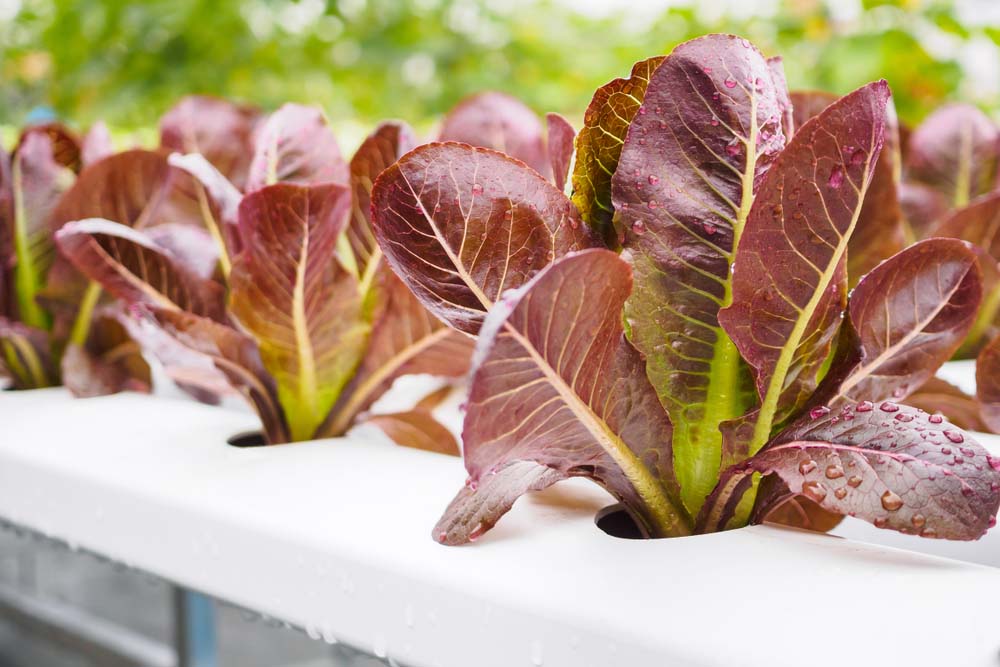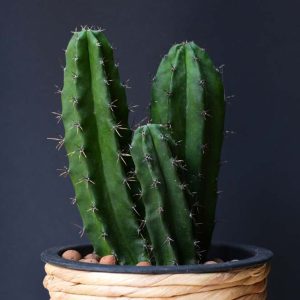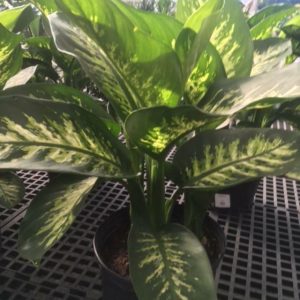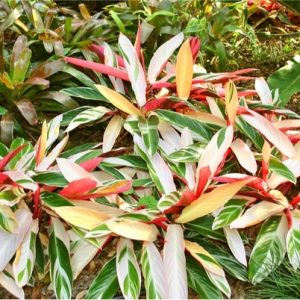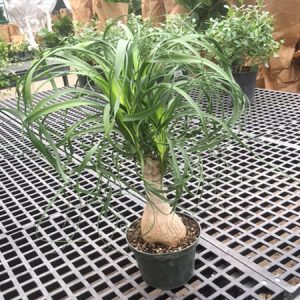Description
Pick outer leaves as soon as they are large enough to eat, baby leaves are good for salads. Cut entire plant at base leaving a short stub to resprout
‘Red Romaine’ – matures in 21 to 50 days, space 10-18″ inches apart, grows 12″ inches tall
Lactuca – Lettuce –
This widespread genus of around 100 species is best represented in temperate Eurasia. It includes a number of weed but is best known in the from of Lactuca sativa-the common lettuce- which appears to have been in cultivation for least 5,000 years and is thought to be derived from the weedy ‘Prickly Lettuce’, L. serriola, whose seeds also yield an edible oil. Species may be annual, biennial, or perennial and range in size from 4″ to 6′ feet high. If allowed to flower, it quickly becomes apparent that lettuces are in the daisy family, they have large sprays of small blooms, often mauve or yellow.The non-edible species contain very bitter compounds that have sedative properties and some have been used medicinally.
They are easily grown in any moist but well drained soil in full sun or part shade. In cool climates sow seed from early spring to late summer, in warm climate from fall to mid spring, though some heat tolerant varieties can be grown in summer. For tender, succulent leaves it is important that there be no check in growth, so ensure soil remains moist. Shade young plants in hot weather and feed at intervals with weak liquid manure.
L. sativa – Common Lettuce – This leafy annual, grown for its succulent crisp leaves, comes in a large number of shaped and flavors. Popular types include the common iceberg or crisphead with globular heads like pale green cabbages, or Romaine Lettuce with tall upright growth and crisp well flavored leaves, butterhead, a small variety with waxy light green outer leaves and a firm heart, and the popular loose-leaf varieties with leaves that be picked a few at a time as they mature.All come in an array of cultivars

